Urban Agriculture and the Benefits of Growing Your Own Food
If the Coronavirus has taught us anything, it may be that as a society, we are grossly underprepared to deal with a crisis of this magnitude. In the US, at least, government policy and subsidies have for decades encouraged farmers to ‘go big or get out.’ This has resulted in a highly consolidated food system with concentrated monocultures supported by fossil-fuel-burning transport corridors that are incredibly sensitive to disruptions, such as the one we are currently experiencing.
At both ends (big and small) of the agriculture industry, COVID-19 is having a devastating impact on our food supply.
Large-scale industrial agriculture relies heavily on migrant workers, many of whom do not have healthcare—despite being essential to keeping us all fed. You may have also heard about a facility in Minnesota that has hired wood chippers to compost and bury up to 2000 pigs per day because the slaughterhouses were unable to take them. Big agricultural operations are optimized for high output at low cost. They do not handle changes in their operating environment well.
Smaller-scale farms, including many organic operations, are also struggling. These businesses generally struggle to command the price premiums they need when selling to supermarkets, so they are more likely to rely on the restaurant and hospitality industry as customers. The New York Times recently reported on how farmers across the country are being forced to dump milk, eggs, and millions of pounds of vegetables into compost heaps because they can’t sell it. Just think about all the time, resources, energy, and land we invested to make compost.

Urban Agriculture
As we’ve seen in recent weeks, this system does not handle supply/demand imbalances well. What’s more, the entire system very easily falls apart when or if a single component fails. Our food system is fragile to begin with and has a hard time withstanding one crisis at a time, let alone multiple. Megan Konar, a civil and environmental engineer at the University of Illinois at Urbana-Champaign, notes: “If additional environmental stressors do arise this season—such as the river flooding from snowmelt or spring rains anticipated in the Midwest—the industry will become yet more vulnerable. Whenever you bombard the agricultural sector with simultaneous hazards, it accumulates,” she says. “It all adds up and makes it a harder season.”
So, what is the solution here? What are the takeaways? In a recent article by the Boston Globe, Kathleen Finley touches on the positive side of the pandemic: the fact that people are flocking to their local farmers, green markets, and CSA communities to source their food. This pandemic is teaching us a lesson about how we cover the basic needs of our global population. It is clear at this point that the resilience of our current food system is questionable, and causing us to recognize our reliance on a handful of food producers that are mostly turning out products to harm rather than heal us. COVID-19 has us thinking more about where our food comes from, how easily it can be disrupted, and how to reduce disruptions. These thoughts often turn to Urban Agriculture as a solution. The diversity that urban farming provides has the ability to improve food security and nutrition, reduce climate change impacts, and lower stress.

Advocates For Urban Agriculture
As food scarcity was a concern during World War One, U.S. President Woodrow Wilson asked Americans to plant “Victory Gardens” to prevent food shortages. The effort continued during World War Two, with vegetable gardens in backyards and schoolyards, on unused land, and even the front lawn of the White House. At one point, we were growing as much as 40% of our own produce! We have seen similar initiatives in recent months as panicked shoppers began cleaning out grocery shelves, and basic foods like dried beans and potatoes became increasingly difficult to track down. Even those with no gardening experience began searching for do-it-yourself YouTube videos on how to build a raised bed.

Mr. Kleinman, co-founder of the Experimental Farm Network, even followed President Wilson’s actions and put up a call on his social media for planting “Corona Victory Gardens.” He heard back almost immediately from 1,000 eager gardeners hoping to create a solution amidst the challenging times at hand. If anything, this pandemic is a reminder that disruptions to food supplies can take place at any time, and we must figure out an alternative to our current food system. Urban farms can be a shock absorber during disruptions such as this and help create a more lasting, more resilient, and more sustainable farming future.
Interested in growing your own food? Check out our blogs on how to get started and start out slow with your own soil garden or seed kit.

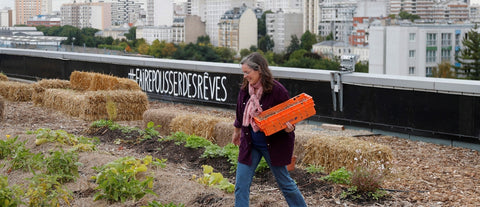
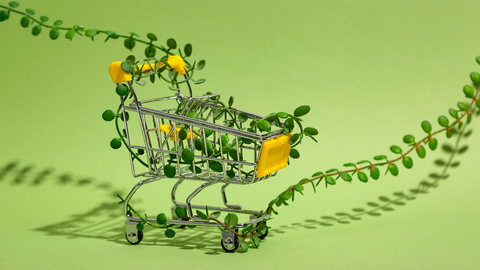
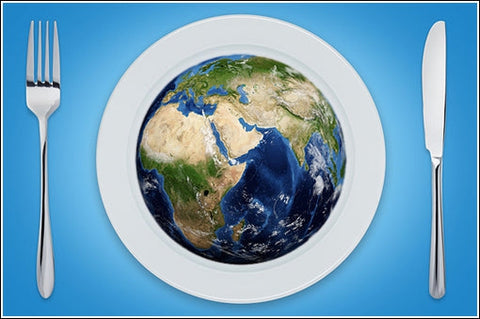


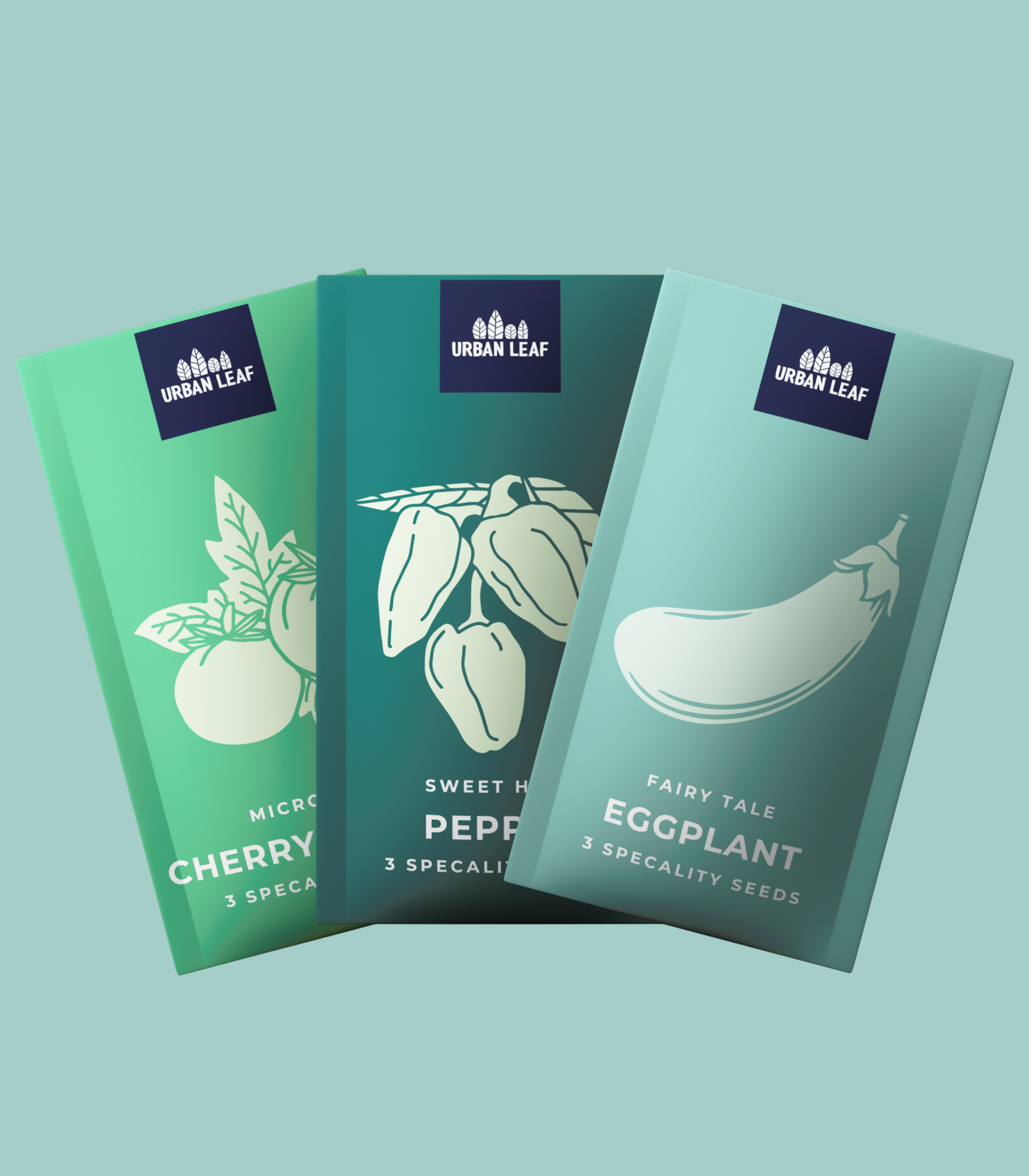
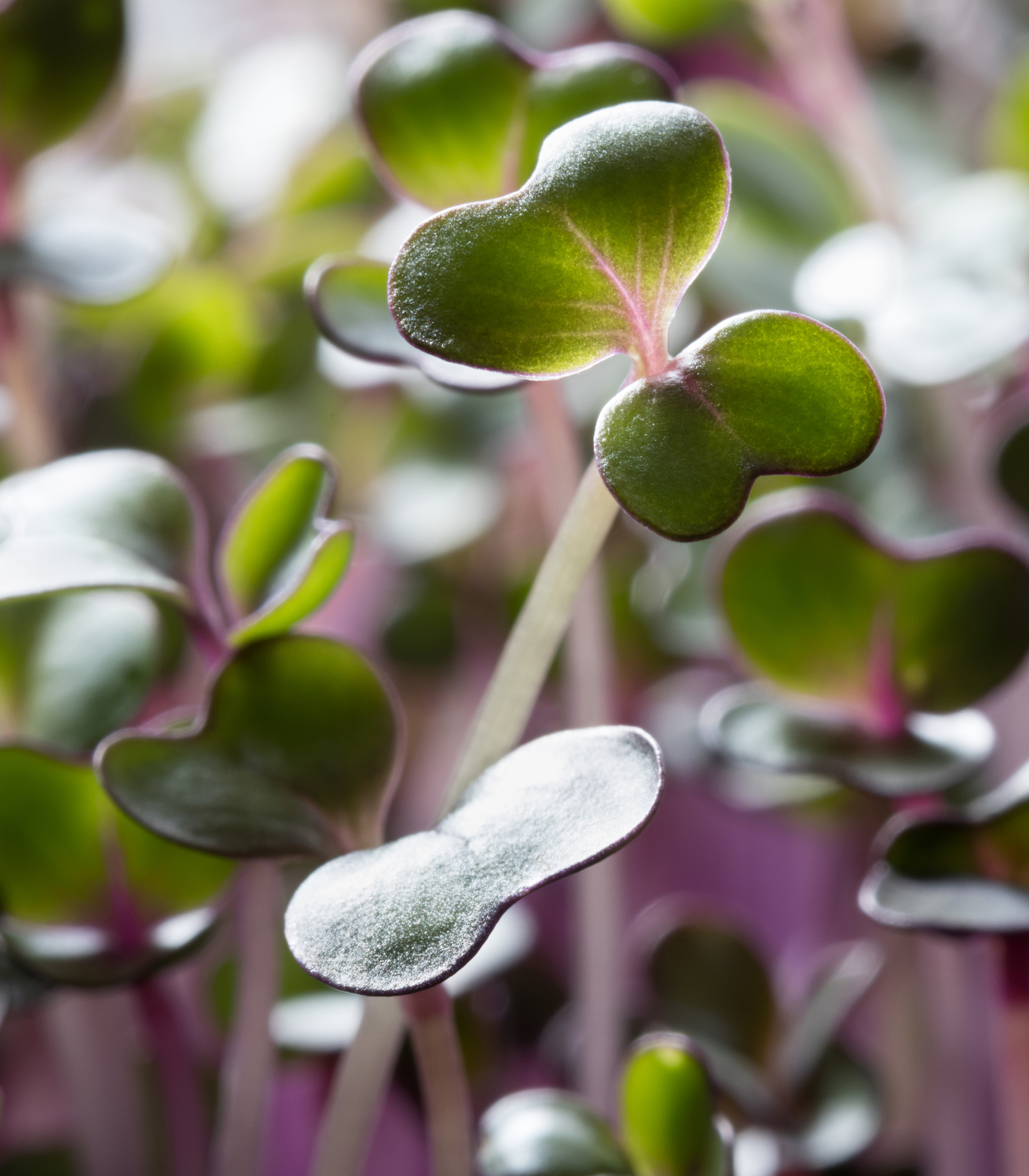

There are no comments for this article. Be the first one to leave a message!